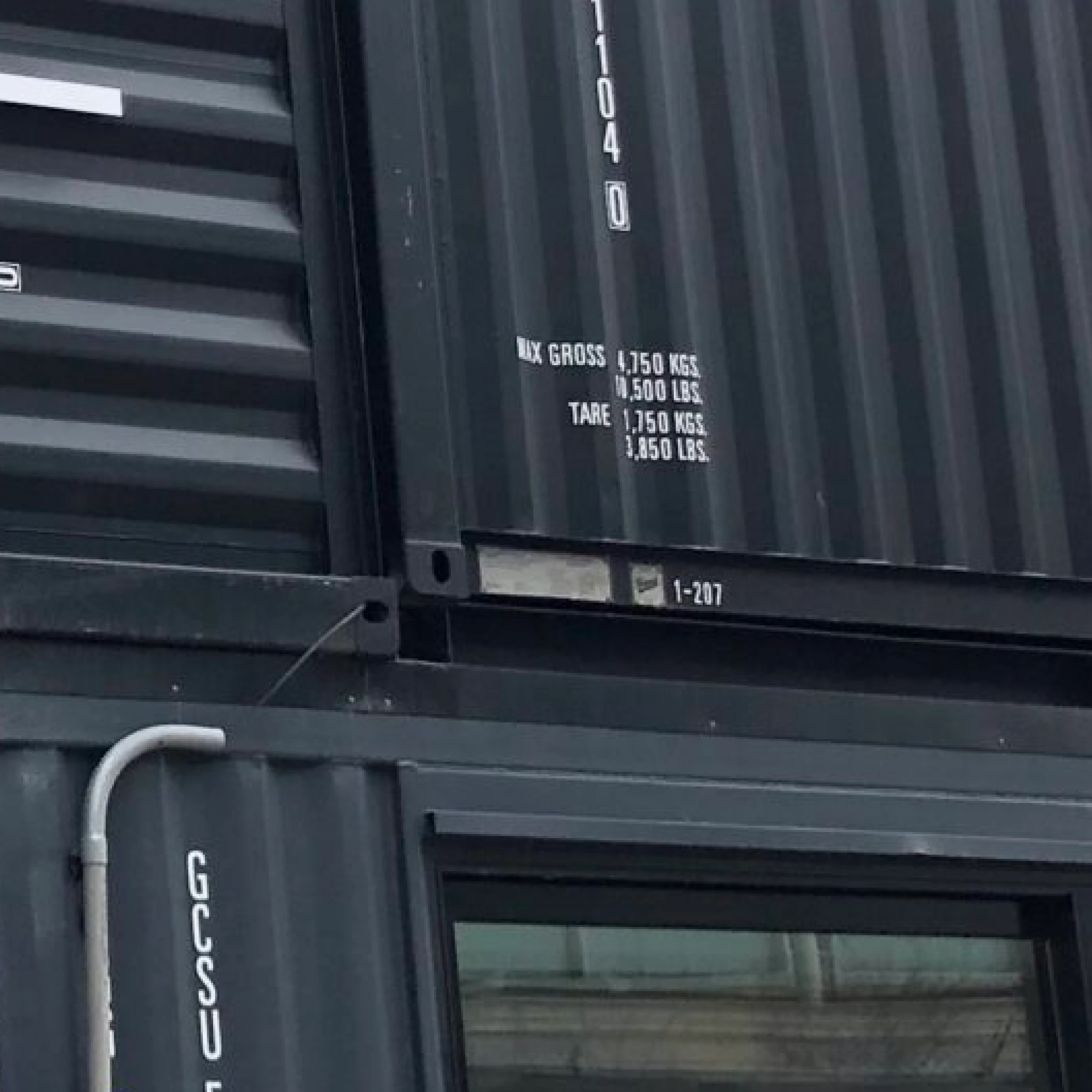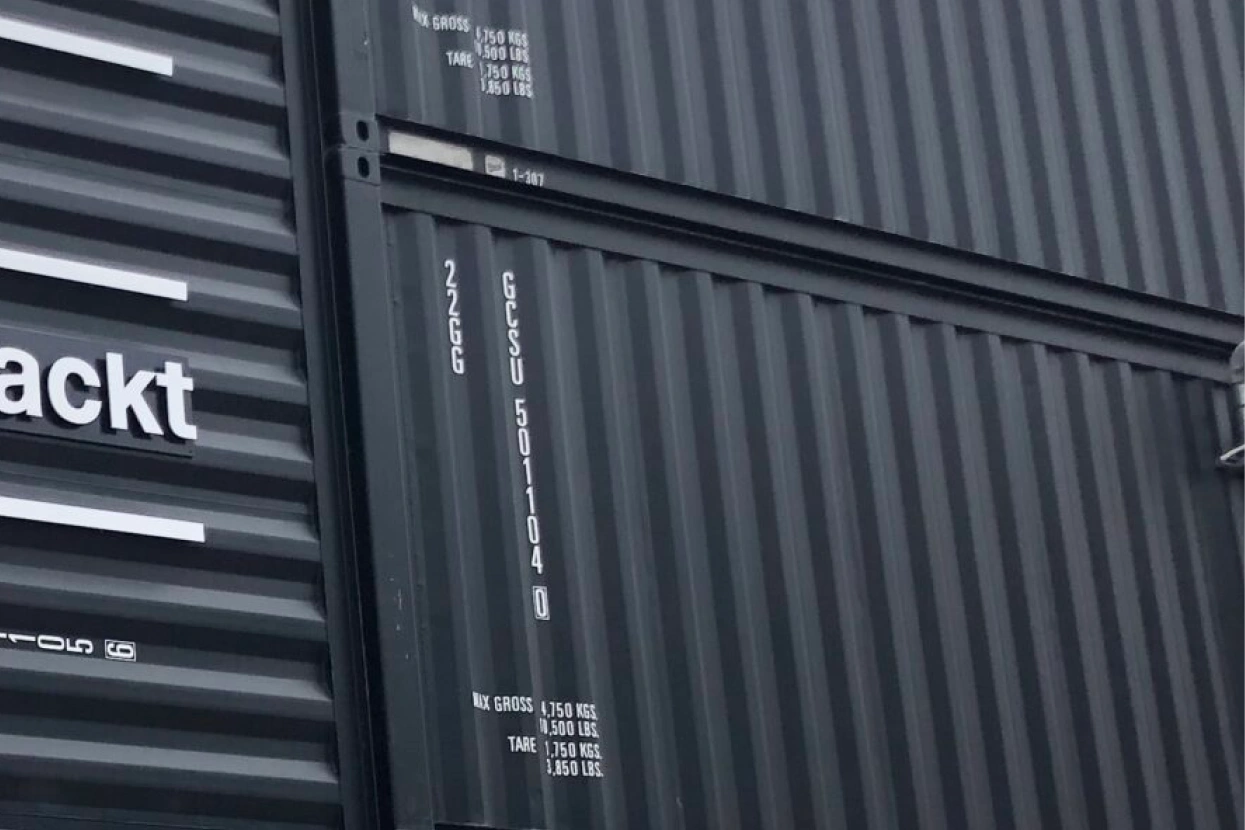Saving Time and Money with Modular Construction: A Game-Changer in the Building Industry


The construction industry has always been a sector characterized by high costs and lengthy timelines. However, as technology and innovation continue to advance, so do construction methods. One such method that's been gaining popularity and revolutionizing the industry is modular construction. This innovative approach not only reduces construction time but also saves a considerable amount of money. In this blog post, we'll explore how you can save time and money by using modular construction.
What Is Modular Construction?
Modular construction is a construction method that involves building various components or modules in a controlled environment (often referred to as a factory or off-site facility) and then assembling them on-site. These modules can be entire rooms, sections, or even entire buildings. This approach is different from traditional construction, where everything is built on-site from the ground up.
Time Savings
- Parallel Processing: One of the key advantages of modular construction is the ability to perform multiple tasks in parallel. While the foundation is being prepared on-site, modules are being manufactured off-site simultaneously. This parallel processing significantly reduces the overall project timeline.
- Weather Independence: Traditional construction projects can be significantly delayed due to adverse weather conditions. In contrast, modular construction is largely unaffected by weather, as most of the work takes place indoors. This minimizes weather-related delays, allowing projects to stay on schedule.
- Reduced On-Site Labor: Modular construction requires fewer workers on-site because much of the construction work is done off-site. This not only reduces labor costs but also improves safety by minimizing the number of people working in potentially hazardous conditions.
Money Savings
- Cost Predictability: Modular construction offers greater cost predictability compared to traditional construction. Since most of the work is done in a controlled environment, there are fewer unforeseen expenses due to issues like weather-related delays or material wastage.
- Reduced Material Waste: Modular construction is highly efficient in terms of material usage. Precise measurements and advanced planning minimize material waste, leading to significant cost savings.
- Energy Efficiency: Many modular construction facilities are designed with energy efficiency in mind. This not only reduces the environmental impact but also results in lower energy costs, which can be passed on to the client.
- Lower Financing Costs: Shorter construction timelines mean less time spent on financing, resulting in lower interest expenses. This is particularly advantageous for large projects with substantial financing needs.
- Scalability: Modular construction is highly scalable, making it suitable for a wide range of projects, from small residential buildings to large commercial developments. This scalability can result in cost savings due to economies of scale.
Modular construction is a game-changer in the building industry, offering substantial time and money savings. Its ability to streamline the construction process, reduce waste, and improve predictability makes it an attractive option for a wide range of projects. As technology continues to advance and the construction industry embraces innovation, we can expect modular construction to become even more prevalent, ultimately reshaping the way we build our cities and structures for the better. So, if you're looking to save time and money on your next construction project, consider modular construction as your go-to method.
Need some more inspiration?
Check out our recent projects





